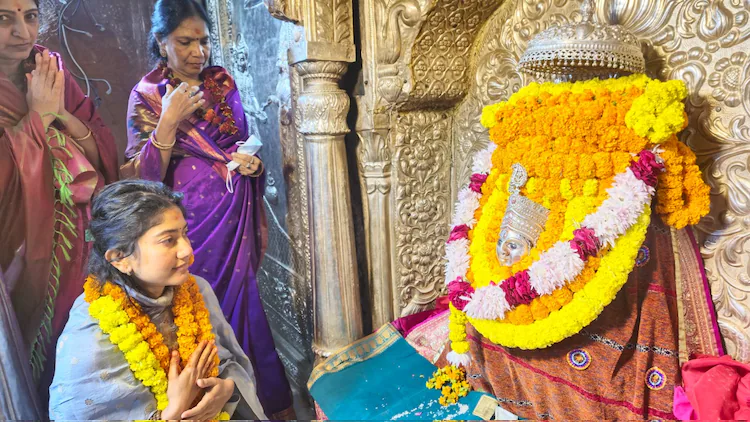Diwali, also known as Deepawali, is one of the most celebrated Hindu festivals, symbolizing the triumph of light over darkness and good over evil. In 2024, Diwali falls on November 1, coinciding with the new moon, a time traditionally associated with worship and reflection. This festival is rich in cultural heritage and spiritual significance, with diverse practices across different regions of India.
Historical and Cultural Roots
The festival commemorates the return of Lord Rama, the seventh avatar of Vishnu, to Ayodhya after a 14-year exile, as described in the epic Ramayana. To celebrate his homecoming, the citizens of Ayodhya illuminated their homes with diyas (oil lamps) and candles, a tradition that continues to this day. Homes across India are adorned with vibrant decorations, welcoming the Goddess Lakshmi, the deity of wealth and prosperity, alongside Lord Ganesha, the remover of obstacles.
MUST READ: Why Iceland And Finland Are Ideal For Northern Lights Chasers Right Now
Diverse Celebrations
While most of India focuses on Lakshmi worship during Diwali, the eastern states of West Bengal, Odisha, and Assam observe Kali Puja on the same day. This unique tradition highlights the region’s rich cultural tapestry. Kali, a fierce manifestation of the Goddess Durga, symbolizes the destruction of evil and the preservation of righteousness. The roots of Kali Puja trace back to the 16th century when sage Krishnananda Agamavagisha had a divine vision instructing him to honor the dark Goddess.
The festival’s significance was further popularized in the 19th century by Shri Ramkrishna Paramahamsa, whose devotion to Kali inspired many. On this day, devotees perform elaborate rituals to invoke the Goddess’s protection from both external and internal evils.
Rituals and Traditions
During Diwali, homes are illuminated with diyas, rangoli designs are created at entrances, and festive feasts are prepared. In West Bengal, devotees celebrate Kali Puja with intense fervor, often involving night-long rituals, recitations of hymns, and the offering of flowers, sweets, and other items to the Goddess.
The rituals often include the recitation of the “Kali Ma” mantra, along with the chanting of the “Chandi Path,” a text that narrates the Goddess’s triumph over demons. This powerful worship reinforces the belief in overcoming obstacles and manifesting one’s desires.
The Full Moon Connection
Interestingly, while Diwali is dedicated to Lakshmi, many Bengalis celebrate Lakshmi Puja during the Kojagori Lokkhi Pujo on Sharad Purnima, five days after Vijayadashami, during the brightest full moon night. This showcases the festival’s multifaceted nature and the regional variations that enrich the overall celebration of Diwali.
As Diwali approaches in 2024, the festival promises to be a time of joy, renewal, and spiritual reflection. Whether celebrating with the brightness of diyas or the intensity of Kali Puja, the essence of Diwali remains the same: a celebration of light, hope, and the victory of good over evil.
ALSO READ: Dhanteras 2024: Know The Timing, Magical Rituals To Attract Wealth & Abundance

















